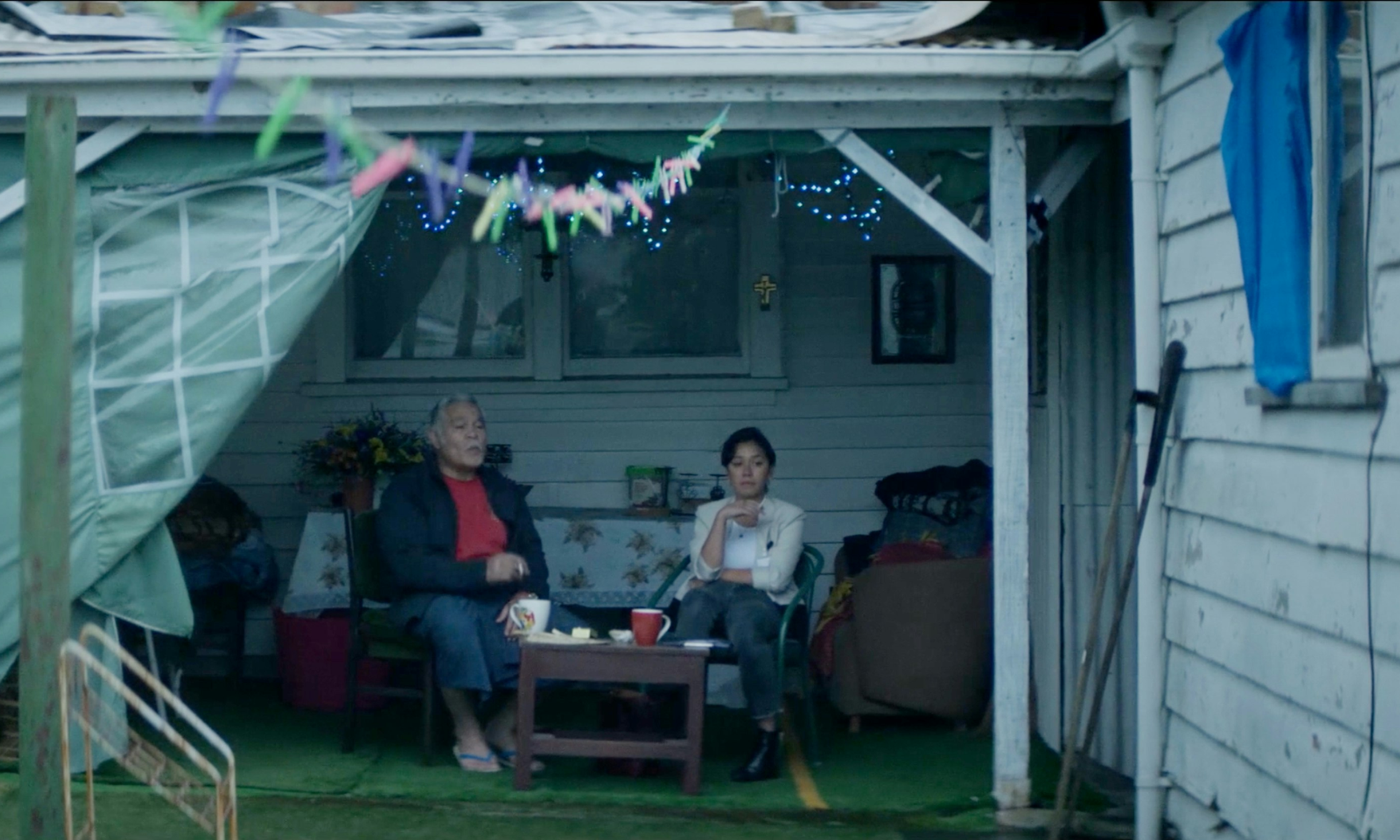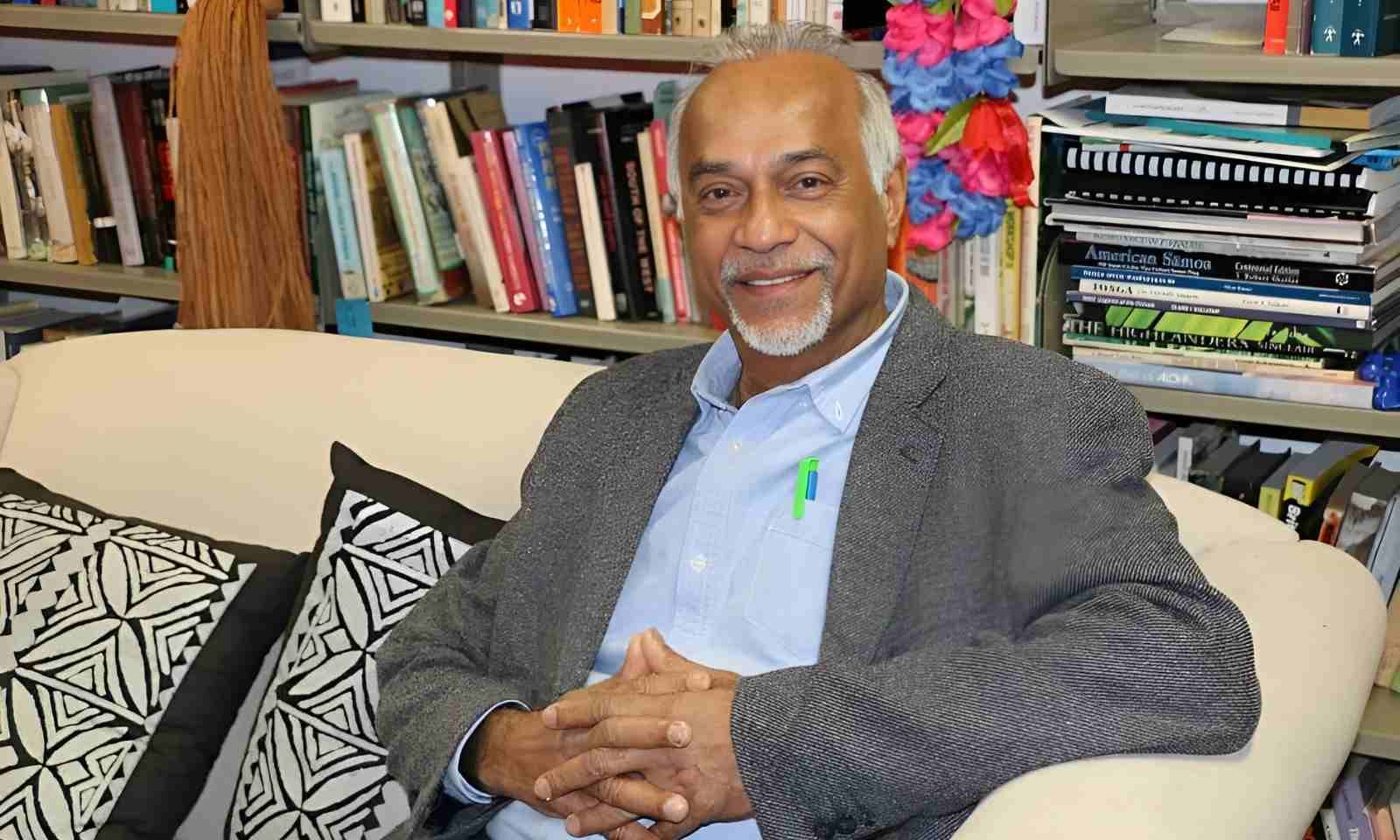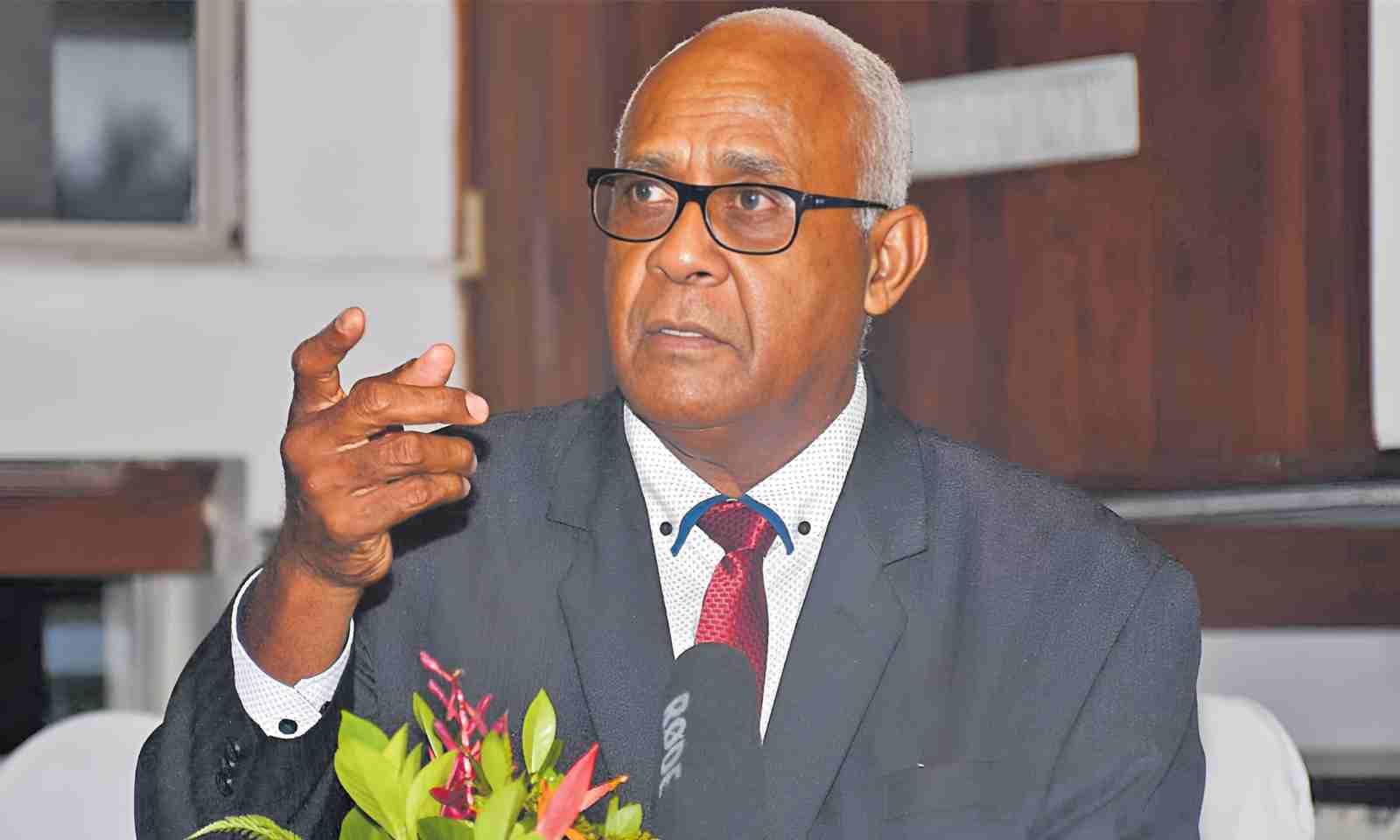

Fiji's jailed former prime minister Frank Bainimarama and his successor Sitiveni Rabuka.
Photo/supplied
Fiji's constitution comes under scrutiny
Calls have been made to scrap Frank Bainimarama's 10-year old constitution. But is it even possible?



Heaven is real, Hell isn’t: My spiritual journey through ego, love and seeking out peace


Oscar hopeful Lea Tupu’anga's māfana captures global support


Heaven is real, Hell isn’t: My spiritual journey through ego, love and seeking out peace

With the opposition Fiji First Party non-existent and its architect Frank Bainimarama in prison, the path toward amending the country's 2013 Constitution has become much clearer now for Sitiveni Rabuka's coalition government.
When Rabuka came into power in 2022, one of his election promises was to change the controversial constitution "imposed" by the military-backed Bainimarama administration.
Twenty months on, Rabuka's coalition is laying the groundwork to amend the constitution, which has been criticised by political commentators and opponents of Bainimarama.
Adjunct Professor in governance, development, and international affairs at the University of the South Pacific in Suva, Vijay Naidu, says the time is ripe for constitutional change in Fiji.

Adjunct Professor Vijay Naidu says it is time to amend Fiji's constitution. Photo/supplied
"This constitution, imposed by presidential decree in 2013, lacks legitimacy, as in it wasn't inclusive. People did not participate in this compilation, and therefore the people of Fiji don't really own it," Naidu told Pacific Mornings' William Terite.
"There are many aspects of the constitution that require changing, including the electoral system, which doesn't have any constituencies. It just has a national electorate, and people want to know who the MPs are. All of them are elected on a national roll. People don't find that acceptable.
"There are issues around reference to indigenous institutions and culture, which are missing and which the i-Taukei would like to have incorporated into the constitution.
"The Bill of Rights has all kinds of problems. If you took away the reservations and qualifications, we have one of the best set of Bill of Rights in the world."
He warned that the reservations denied giving Fijians the "necessary freedoms of expression, association, etc. So, the changes need to be done".
He said there were other issues, adding the constitution gave a lot of registers, but not to the legislature and judiciary. "So we have to revisit that as well."
Naidu said the role of the military was also a key concern.
Fiji's Great Council of Chiefs (GCC) chairman, Ratu Viliame Seruvakula, said the military needed to return to its traditional role that it held before November 2006.

GCC chair Ratu Viliame Seruvakula says Fiji's military needs to return to its traditional role prior to November 2006. Photo/supplied
Ratu Viliame told local media that this was a provision in the 2013 Constitution that needed to be looked at.
He said the army’s role was laid out in the 1970 Constitution, and politicising the military was bad for the morale of its members.
"The role of the military is outlined in Section 131 (2) of the 2013 Constitution which states that it should be the overall responsibility of the Republic of Fiji Military Forces to ensure, at all times, the security, defence, and wellbeing of Fiji and all Fijians."
Naidu said it would be difficult to amend the 2013 document.
He said it required a 75 per cent majority in parliament to change the constitution and for the MPs to agree to change it.
"The next step is to inform the president and the president then informs the electoral commission. So the second requirement of amendments is that it goes to all registered voters in the country and there are close to 700,000 of them.
"They will need to agree to the amendments proposed. That's never been done before; for most impartial observers, that's impossible. In fact, during the elections that we have had, we have not had, except for the 2014 election, we have not had 75 per cent of the registered voters voting.
"It's highly unlikely that you'd get a 75 per cent majority in the referendum to change the constitution."
Watch Adjunct Professor Vijay Narayan's full interview.